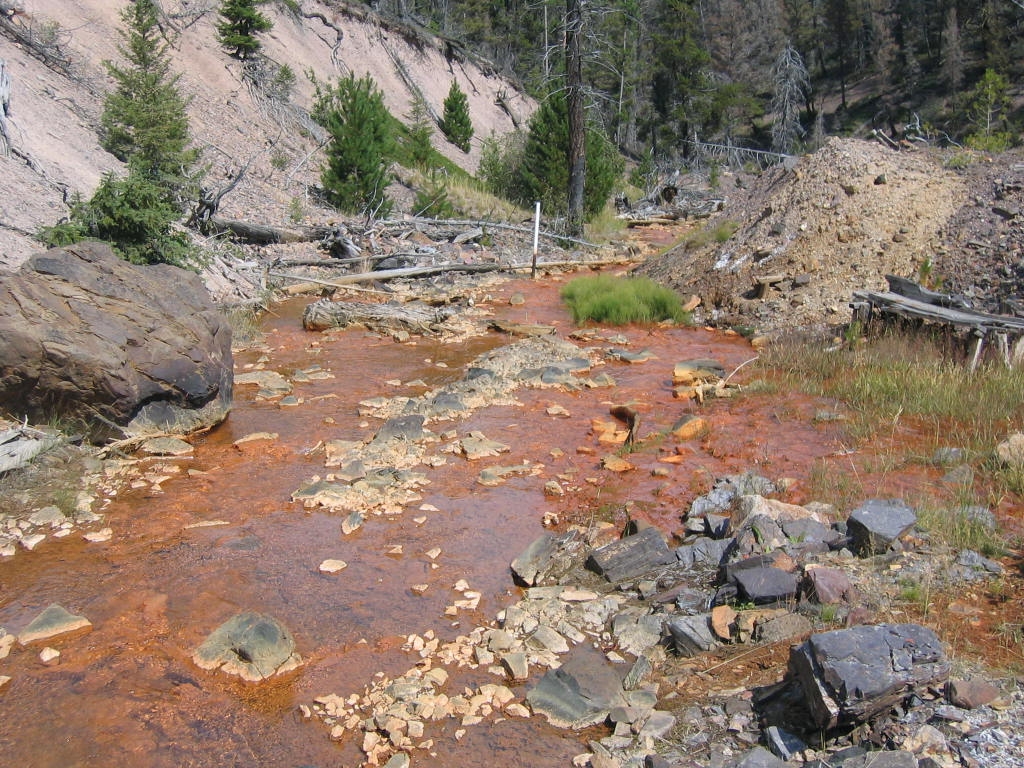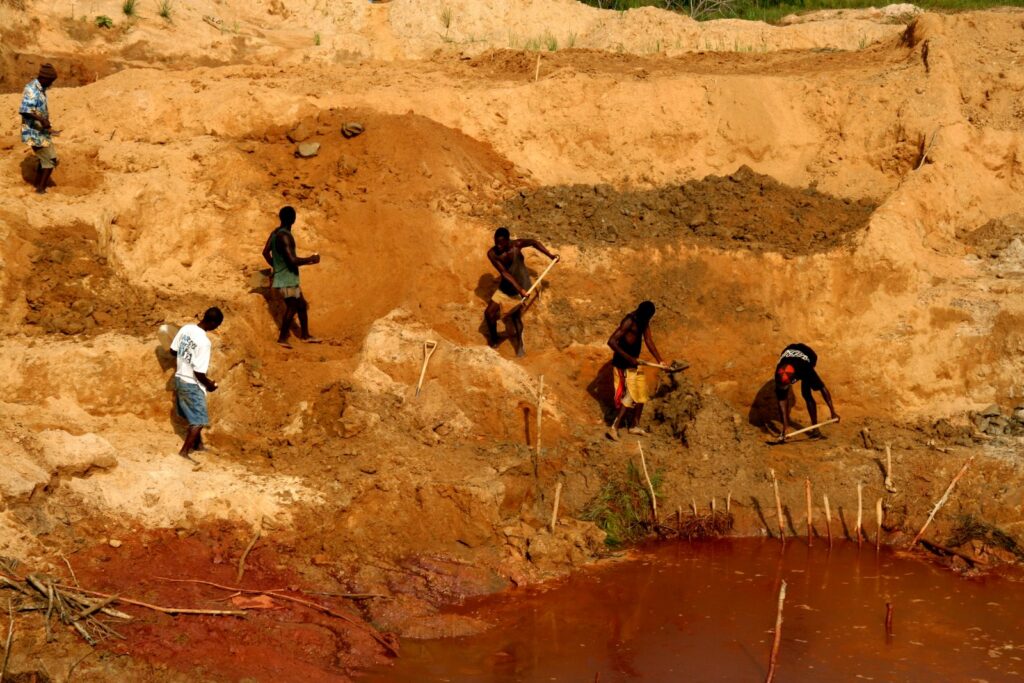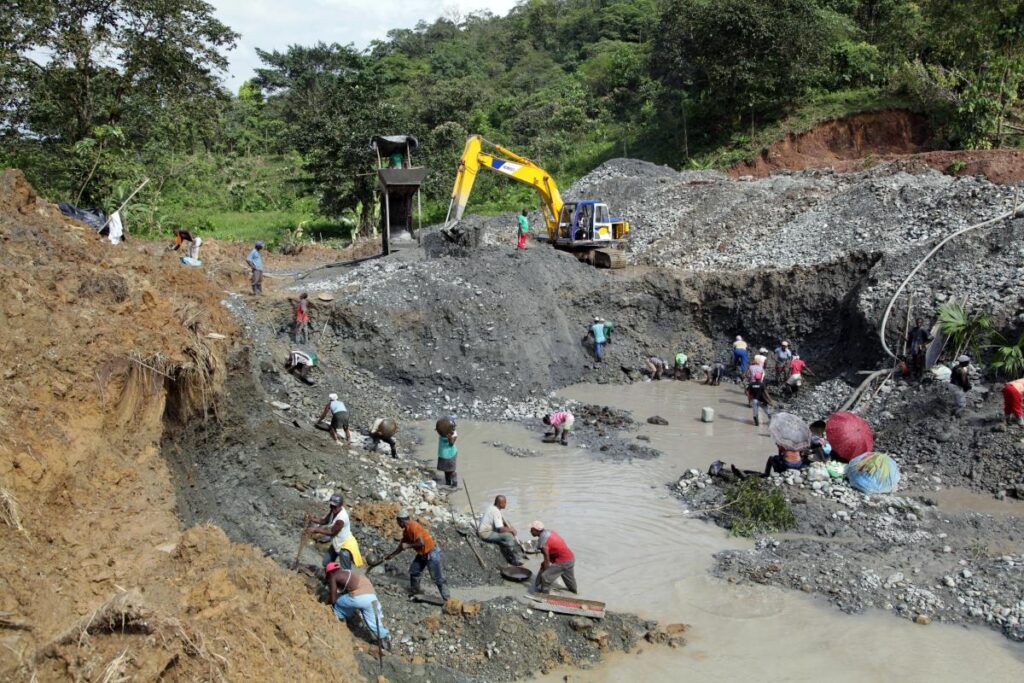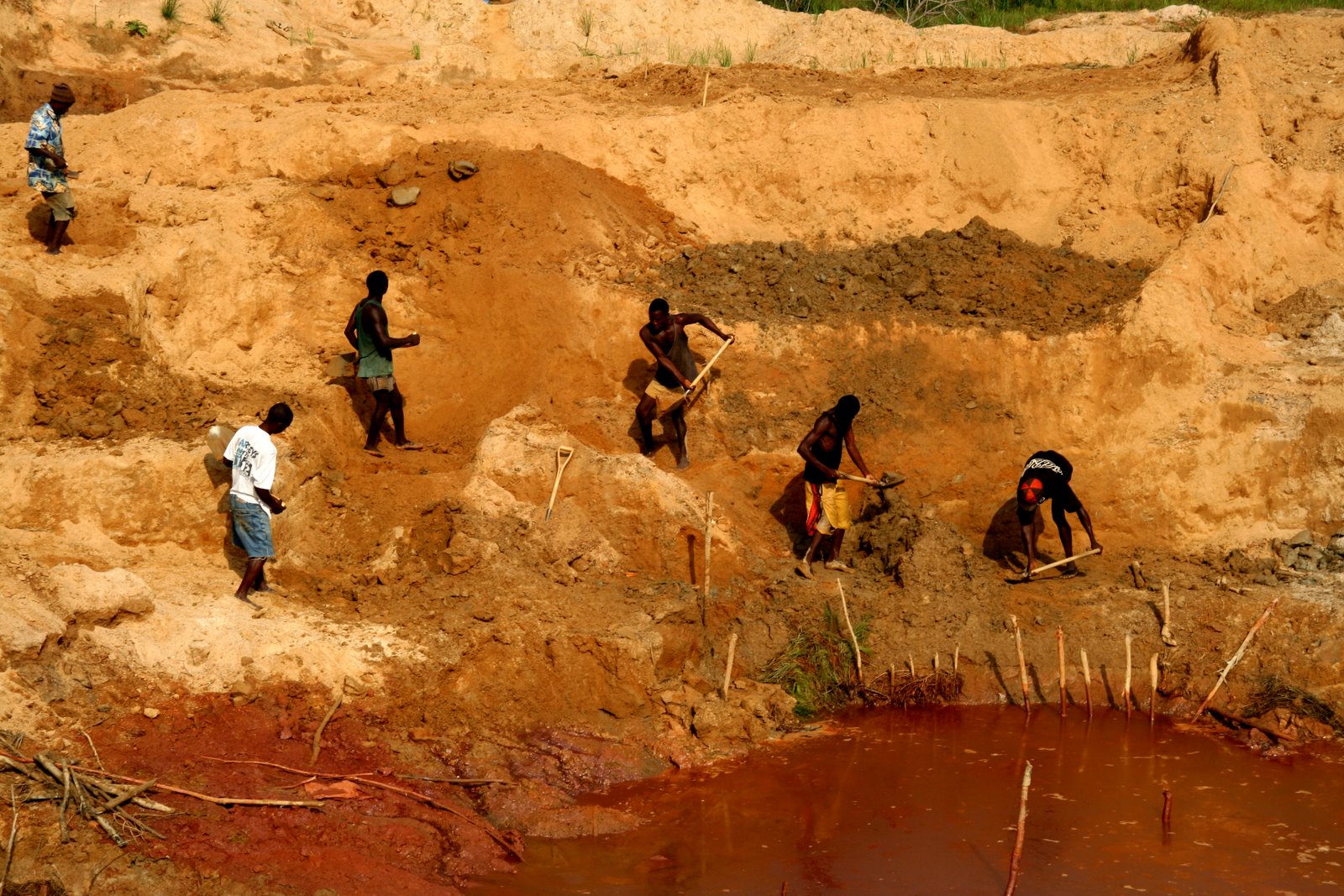Extractive Industries
Mining and oil and gas developments are highly profitable, but if managed poorly, they cause devastating damage to the environment and public health. Those communities nearby extraction sites suffer from erosion, soil and water contamination, and loss of biodiversity. Industrial waste harms the health of workers and local populations. A large percentage of mining is in developing countries, where workers often lack proper safety equipment and operate in unsafe working environments, some digging with their bare hands. Moreover, continuous inhaling of poisonous emissions causes lung diseases. Extraction, processing and transport of hazardous materials must be more tightly regulated by international standards rather than the current practice of exploiting lax regulations in developing nations.
Mining worldwide is growing to keep up with increasing prices and demands. It is predicted that global annual resource extraction will triple by 2050. Canada is a major player in the mining industry and yet does not have a national protocol to ensure Canadian companies abide by responsible standards for worker health and safety, environmental protection and corruption.


Examples of damage caused by extractive industries are endless. Blasting the banks of the gold-bearing Amazon River has caused irreversible damage to trees, birds and animals. Contaminated tailings and discharges from the giant Ok Tedi gold mine in Papua New Guinea impacted around 50,000 people in 120 nearby villages. Fish in the rivers became inedible; the mining dump changed the riverbed causing disruptions in water flow.
Why should we care?
- Our addiction to precious metals for electronics and fossil fuels is exhausting soil, damaging forests, polluting water and forcing people to leave their homes.
- Mining projects in developing countries harm millions of residents and workers due to lack of safe working conditions and proper health care.
- Pollution from extractive industry waste is destroying plant and animal life.
- Efficient and responsible use of energy and other resources is crucial if we wish to enjoy a livable future and ensure one for our children and their children.

Fast facts
- Recycling one aluminum can saves enough energy to light a 100-watt lightbulb for nearly a day.
- Cyanide, a highly toxic compound, is often used to separate gold from sediment and rock. Without proper management, cyanide spills are frequent, poisoning the surrounding ecosystem and deteriorating public health. Strict regulations are needed to hold mining companies accountable for incidents harmful to people and the environment.
- Every ounce of mined gold result in 79 tons of mining waste.
- Mining creates 96% of arsenic emissions which increases cancer risks for people working and living around the mining area.
- As a result of unsafe handling, more than 6 million tons of oil enters the ocean waters every year, killing millions of marine animals and birds. Land-based spills also do significant damage to water and wildlife.

